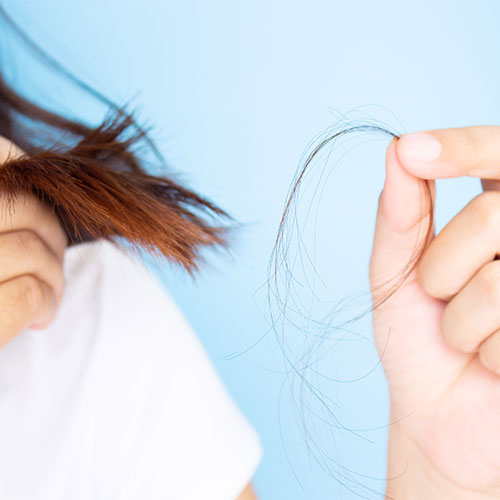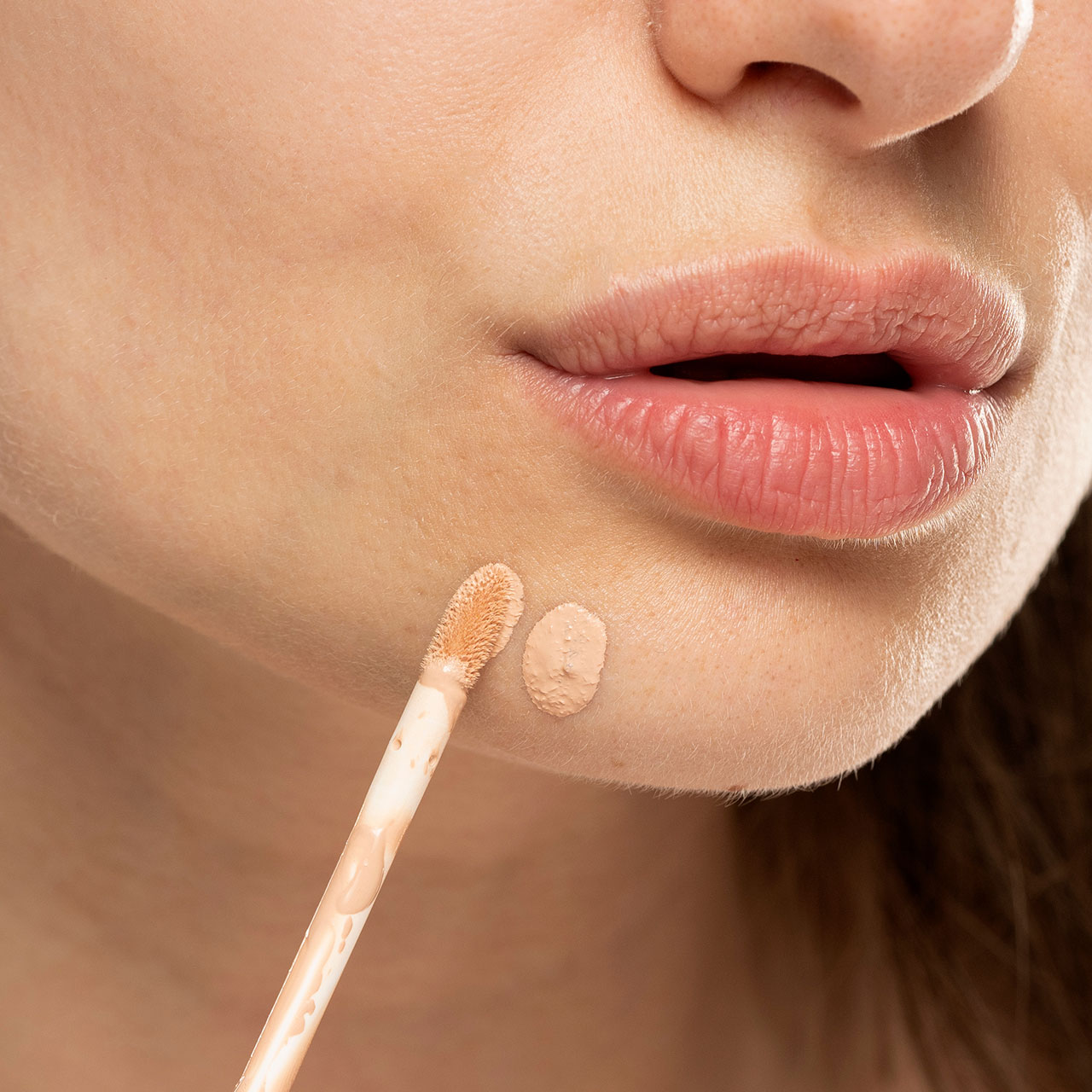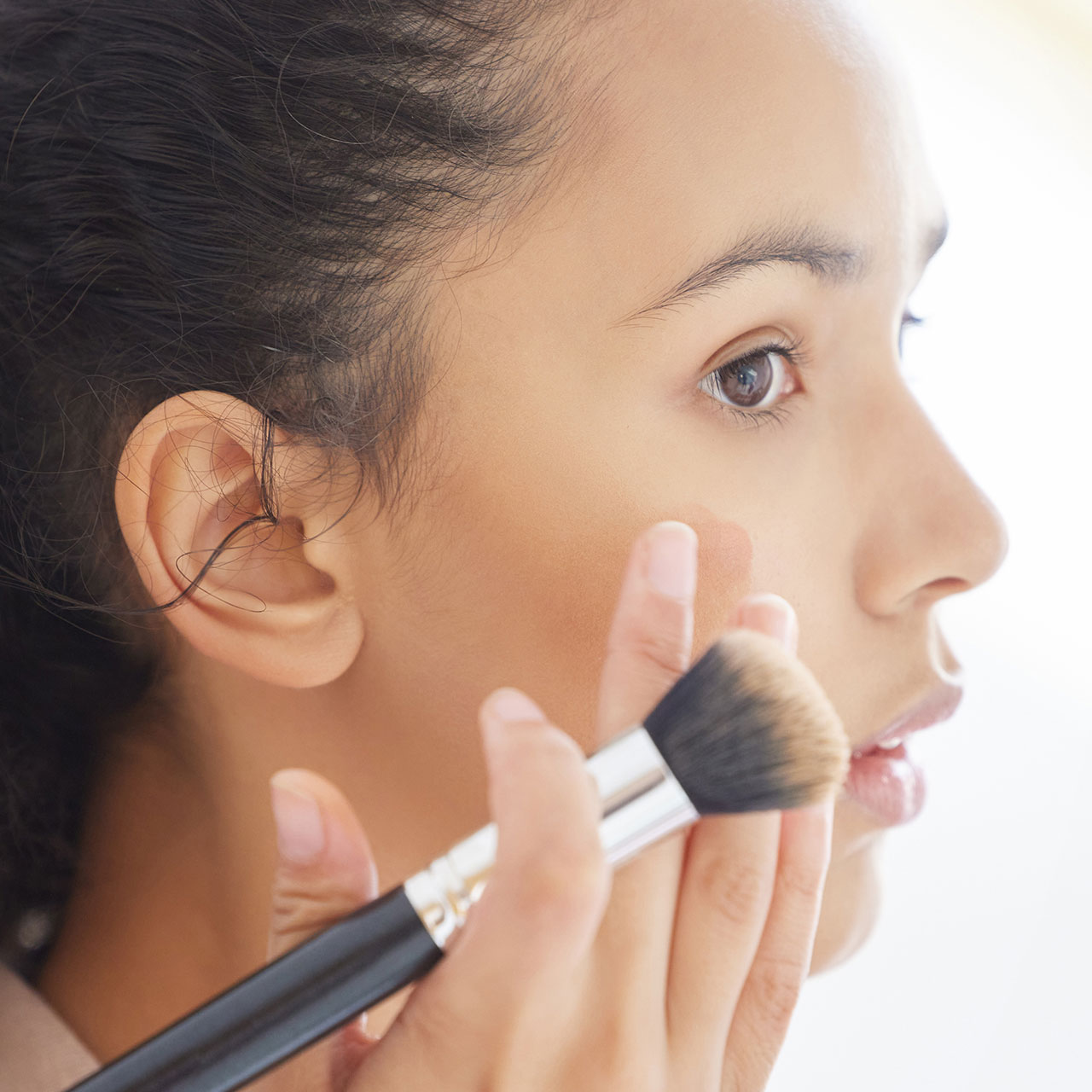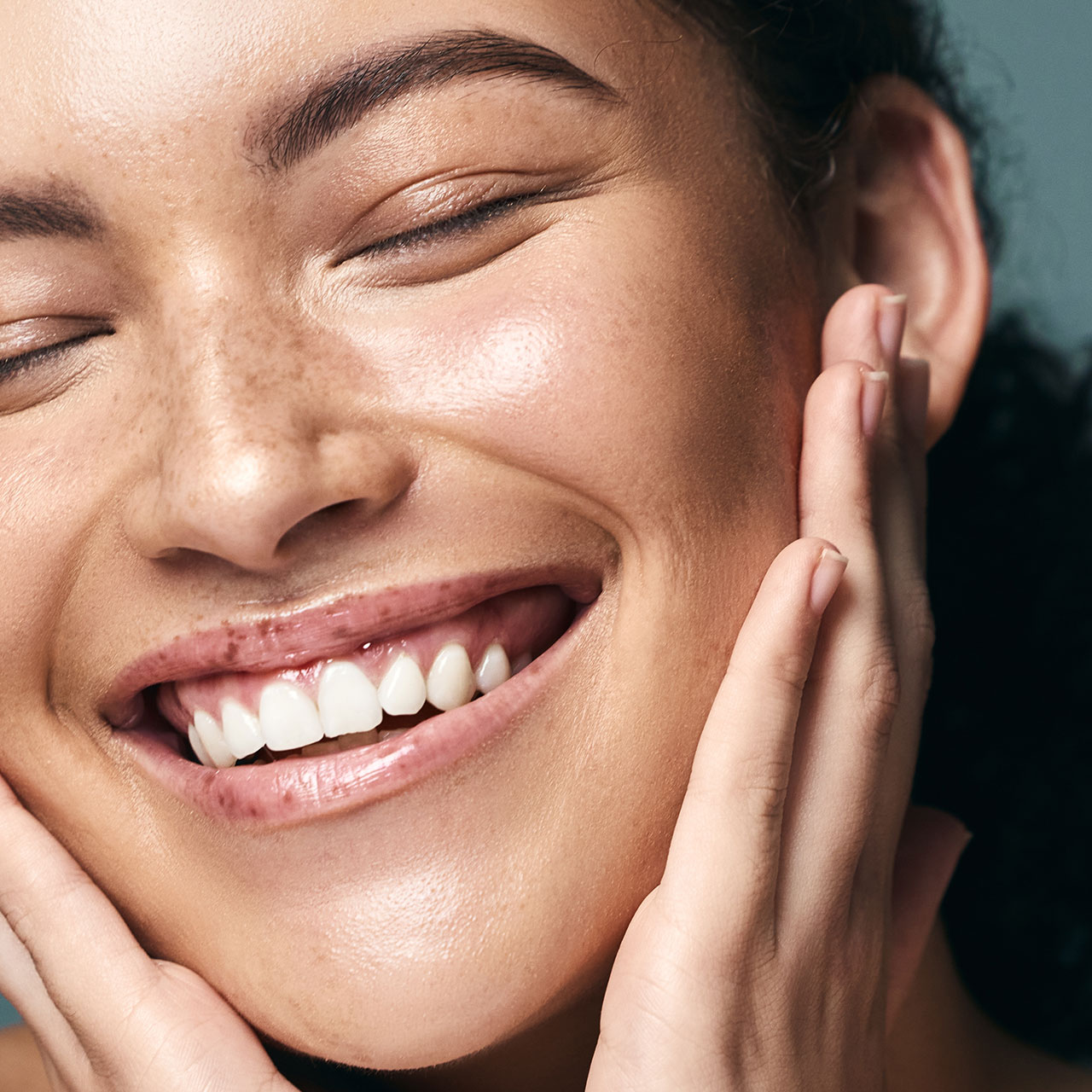This is an archived article and the information in the story may be outdated. Please check the time stamp on the story to see when it was updated last.
Most (if not all) vitamins and minerals are essential to our body’s health, and are required to live a productive daily routine. However, the nutritional food we’re putting (or should be putting) into our bodies, may be enough to suffice for some of our daily dietary needs. As many decide to combine healthy eating with vitamin and supplement consumption, you may be surprised to find out that mixing the two is not the smartest decision.
In fact, overtaking this particular supplement (that’s perceived as healthy), may be causing your body and scalp to go through a phase of hair loss.
The vitamin responsible for this, is Vitamin A.
Don’t get us wrong, consuming vitamin A is vital to maintaining smooth (and rich) hair, as well as providing us with a kickin’ immune system. With the long list of benefits of vitamin A, it’s easy to assume it should be taken in supplement form. But! Believe it or not, you’re likely already getting this rich nutrient in your diet from leafy greens, rich fruits, proteins (in particular organ meats), as well as forms of dairy. By having a wide and healthy balance of foods throughout the day, the overall vitamin A quota should be met.
What Causes The Hair Loss
So, if vitamin A is considered a good nutrient in our diet (it’s not like we’re not over here consuming packaged chips and cookies) – how on earth does it lead to hair loss? The answer has to do with our bodies being over consumed with ‘too much of a good thing’. While vitamin A creates sebum in the body and scalp (which is an oil substance to keep the skin moist and healthy), too much of the nutrient can send the body’s sebum production into an extreme state of hyper-activity. It’s here, where the hair rushes through its life cycle and falls away quickly. If the production of other strands of hair can’t meet the timely demand, it’s common to see hair loss, thinning, or balding.
So How Much, Is Too Much?
The recommended dosage of vitamin A is 900 micrograms (mcg) for adult men and 700 mcg for adult women. By eating a well balanced and nutritious diet, your macro-numbers should fall within this range. If you’re someone who knows your diet’s nutrition value could improve (and you may not be benefiting from the food you’re consuming), just make sure any supplement you take has vitamin A measurements that fall into the suggest daily amount.
*Like all new additions to our diet and nutrition, it’s important to seek out a medical expert,to review your case and vitamin consumption personally.
For more beauty tips and healthy insights to keeping our body running smoothly, check out our wellness and beauty sections on SheFinds.
‘


























